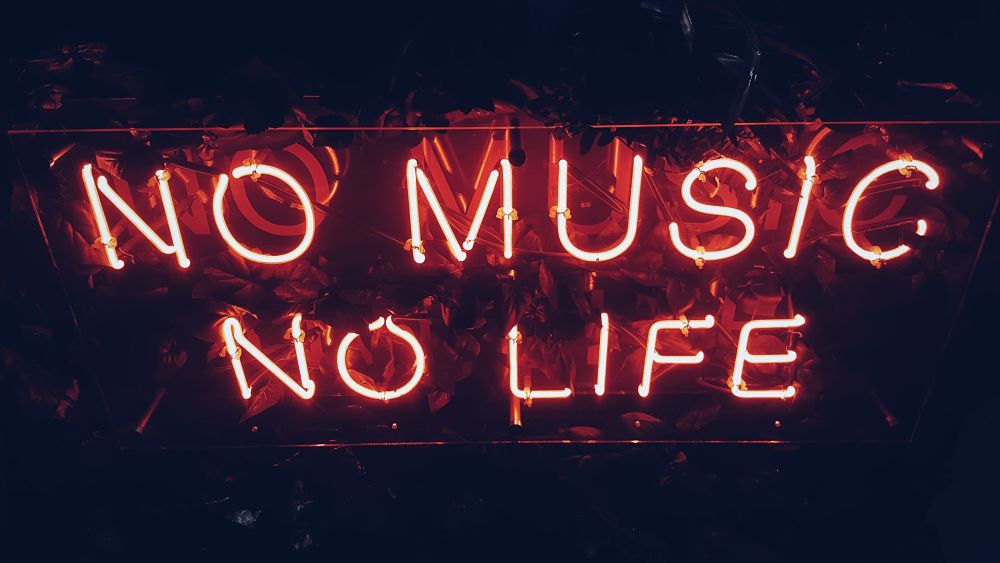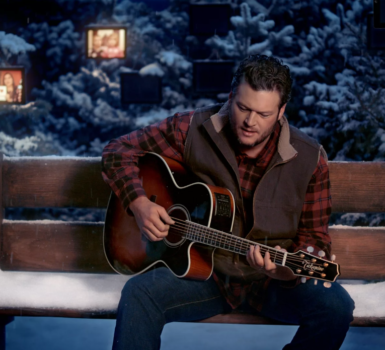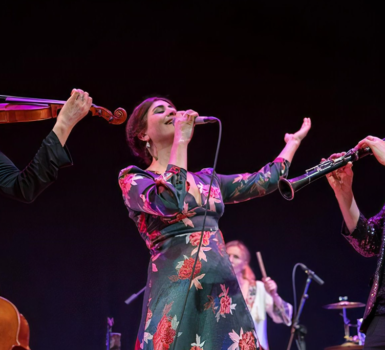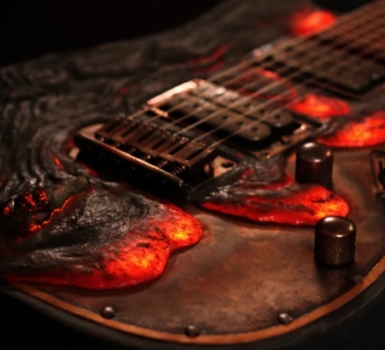It’s hard to picture a world without music. It surrounds us—whether it’s coming from our TVs, our speakers, or from the lively beats of a disco. Often, it’s not just specific songs we love, but also the distinct styles or genres they belong to.
So, what exactly sets different genres apart? Let’s dive in and explore!
What Defines a Musical Genre?
A musical genre is essentially a broad category that groups together pieces of music sharing common characteristics or traditions. Take jazz, for instance—it emerged from, or was heavily influenced by, African American music of the early 20th century.
However, it’s important to note that labeling jazz as simply a “type” of music might not capture its essence. Instead, it’s better understood as a unique approach to composing music, rooted in African cultural heritage. Even today, jazz maintains its distinct flavor with its rich history.
Evolution of Music Genres
Over time, music types, styles, and genres have evolved. For example, in 20th-century classical music, various genres like opera, drama, and concertos flourished. Later, terms like “folktales” emerged to categorize popular melodies infused with folk elements.

Definitions and Differences of Styles, Genres and Directions
1. Musical genre refers to a category of work based on its purpose, form, and content. Think of genres like romance, opera, or sonata—each encompassing a vast array of performers and compositions.
2. Musical style encompasses the techniques and elements used to create a song or piece. Styles are influenced by historical and social contexts, shaping how instruments are played and vocals are delivered.
3. Musical direction, though not a term widely used in professional circles, reflects how people categorize works under a single umbrella. It combines elements of style and genre to highlight their commonalities, although authors may vary in their interpretations.

Instrumental and Non-instrumental
Music can broadly be categorized as instrumental or non-instrumental. Instrumental music focuses on the sounds produced by instruments, while non-instrumental music emphasizes vocals and text.
Alternative rock is a type of music that has become very popular in recent years. This kind of music is characterized by the adventurous feel created by distorted guitars and drums, heavy bass lines, and vocals. Other subgenres of alternative rock include alternative metal, folk, punk and country-western. However with the rise in popularity of heavy metal music many musicians have attempted to play a form of what they perceive as “alternative” but find that it is difficult for them to distinguish themselves from others playing similar forms. Electronic music is a large part of the music world (genre) that includes compositions performed with electronic instruments. Subgenres differ in their use of different types and forms of electronic instrumentation developed at various times throughout history. The first stage of the genre’s emergence took place during the nineteenth century. The unique role such music came to play in society was due to advances made by computer technology and synthesizers. Folk music is an important genre of music that uses traditional and modern instruments. The instrumentation may include lutes, steel guitar, sitar—and other things like banjos and recorders. Many famous folk artists include American Robert Graves and Englishman Robert Earlewine. Other notable acoustic musicians include America’s Most Wanted, the band Cantaloupe—and even The Temptations! It is likely that country music was inspired by spirituals and blues music of America. Hip-hop and jazz have developed separately over the past few decades. However, both music styles share similar characteristics in that most hip hop and jazz musicians use the electric guitar (among other instruments) to create their sound. Some examples of influential rock and jazz artists are Bob Dylan, The Rolling Stones, Aretha Franklin and others. For instance, classical composers such as Alexander Borodin, Aram Khachaturian, Alexander Resnick and Yusuf Islam have incorporated new instruments like the oboe into their music.Looking Ahead
As our culture evolves alongside technological advancements, musical genres will continue to evolve. Genres like folk, classical, and popular music, born from oral traditions, have now embraced digital formats.
While genres may blur boundaries and change over time, one thing remains certain—music will continue to shape and reflect society for generations to come.


















